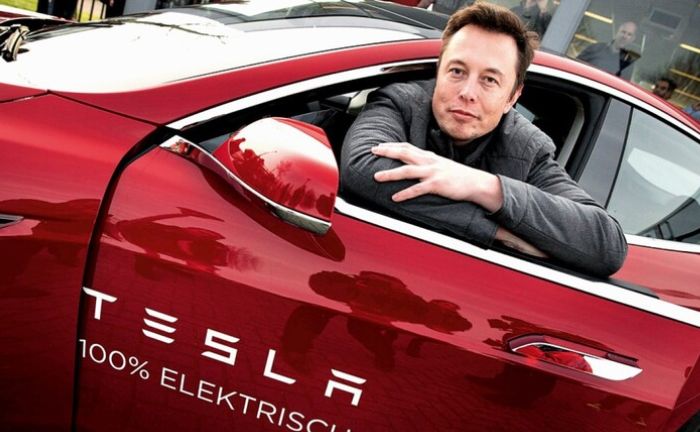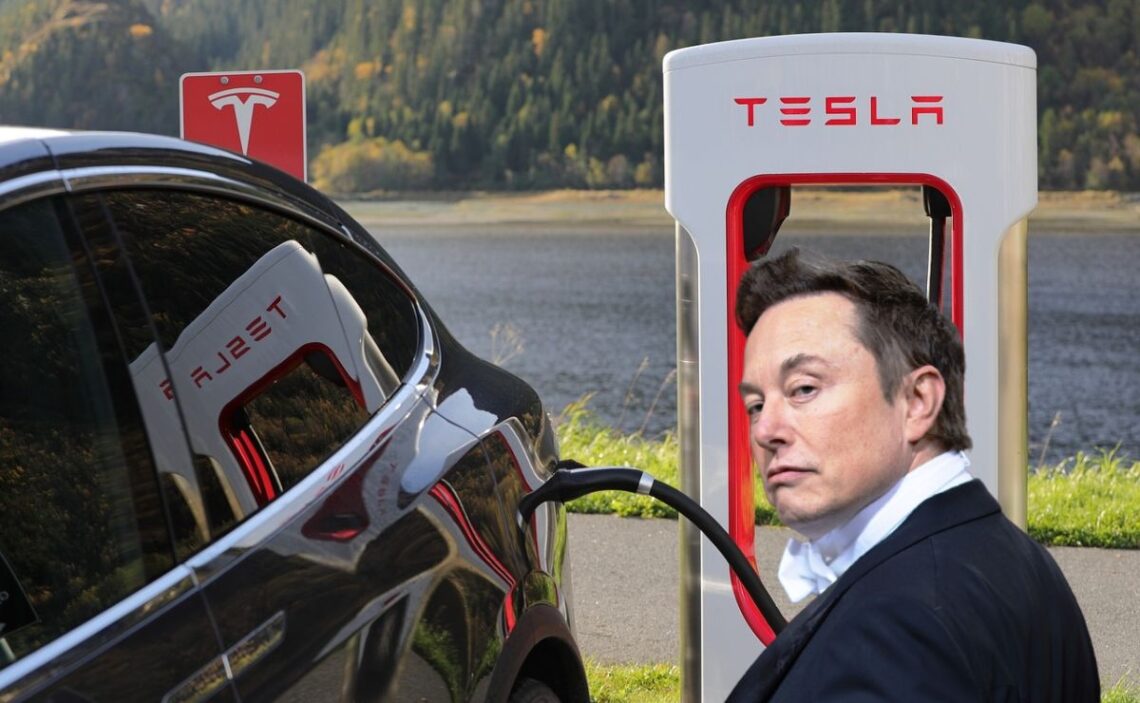The persistent labor dispute that has paralyzed Elon Musk and Tesla’s operations in Sweden threatens vehicle deliveries in the country and casts a shadow on the company’s standing in the European market. The crux of this disagreement lies in the refusal of Tesla’s creator to sign a collective bargaining agreement with workers, sparking a strike initiated by the IF Metall union.
This strike has escalated to involve other sectors and led to a complete blockade, presenting substantial hurdles for electric mobility in Sweden. IF Metall, the union representing Tesla mechanics, has undertaken a strike since October 27, aiming to compel the company to commit to fair and safe working conditions through a collective bargaining agreement.
This action has resulted in the closure of Tesla’s workshops in Sweden, impacting approximately 600 workers and significantly disrupting the company’s ability to provide maintenance and repair services.

Tesla’s unwavering resistance to collective bargaining has resulted in a deadlock, intensifying labor tensions beyond the confines of Tesla’s workshops. Sectors critical to Sweden’s workforce, such as longshoremen, electricians, technicians from other workshops, and postal workers, are now part of the strike, leading to a comprehensive blockade of Tesla in the country. Dockworkers’ unions have pledged not to unload vehicles from the U.S. brand until a resolution is reached.
Complicating matters further, grid workers have announced their refusal to intervene at charging stations or repair chargers from Elon Musk’s company, posing a significant challenge to electric mobility . Elon Musk‘s steadfast opposition to unionization has heightened concerns about the long-term impact on Tesla’s reputation in Sweden and the European markets crucial for electric vehicles.
@burgerdani Elon Musk has unleashed the wrath of Sweden’s unions. The IF Metall union have called for a strike of Tesla repair shops in Sweden. Adding to the pressure, dockworkers, electricians, cleaners, garbage collectors… are all striking against Tesla too in a show of solidarity. #news #elonmusk #tesla #teslaproblems #sweden🇸🇪 #autostrike
The 52-year-old tycoon’s company has not taken any tangible steps to address the striking workers’ demands, resulting in a total lockout and putting new vehicle deliveries in Sweden at risk. The lack of progress in negotiations is causing growing concern among consumers and the broader society regarding the company’s work ethics, especially in an era where sustainability and corporate social responsibility play pivotal roles in public perception.
The Tesla and X CEO has further fueled the controversy by expressing his discontent with the striking workers, labeling the strike “crazy” in a post on his X platform. This public confrontation underscores Musk’s openly anti-union stance, which is evident in his global efforts to prevent unionization at Tesla plants.
Elon Musk contends that Tesla shouldn’t sign collective bargaining agreements because, as he asserts, “they don’t do that anywhere in the world.” However, this position has triggered a unified response from workers in Sweden, prompting a comprehensive boycott of Tesla that spans from mechanics to dockworkers and even taxi drivers.
The Swedish union IF Metall emphasizes the significance of sector-negotiated collective bargaining agreements, covering approximately 90% of the country’s workers and ensuring equitable pay and employment conditions.
It’s crazy!
— Elon Musk (@elonmusk) November 24, 2023
This labor dispute at Tesla extends beyond a mere contractual disagreement; it raises crucial questions about the company’s labor culture and underscores the importance of effective labor relations, particularly in a unionized environment.
The expansion of the dispute to other European countries intensifies the pressure on Tesla and the South African investor to address workers’ demands proactively and establish collective agreements that genuinely reflect a commitment to fairness and sustainability.
In practical terms, Tesla and Elon Musk must acknowledge the gravity of the situation and engage constructively in negotiations with the unions. Signing collective bargaining agreements would benefit workers by ensuring fair conditions and serve as a positive signal for the company’s reputation.
Prolonged resistance to this measure could jeopardize Tesla’s standing in the European EV market, impacting its ability to maintain a competitive edge in an industry increasingly attuned to social consciousness. What would happen next?
She has a degree in Social Communication (graduated in 2010). Arianna has experience in research and writing about universities, credit cards, procedures and insurance, among other topics related to finance in general.
With more than ten years of experience, she has worked in different local and digital media, writing on various issues related to the economy and international politics. She has also coordinated teams of editors, gaining experience in managing groups.
She was born in Merida, Venezuela. She lived in Wausau, Wisconsin, for 5 years, allowing her to learn English. Being bilingual, she also does research and writing in Spanish.
She has taken TOEFL exams and English proficiency tests (passed), so she is qualified to write texts in English.


